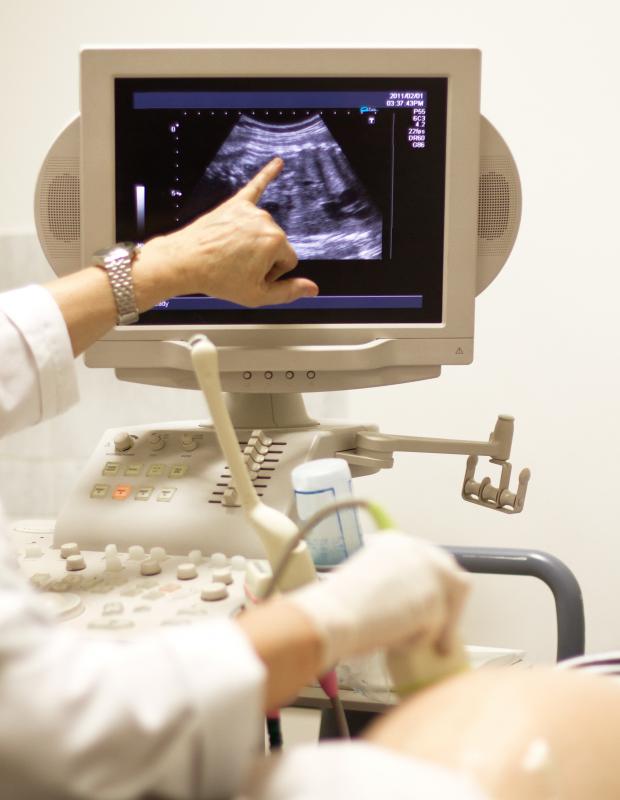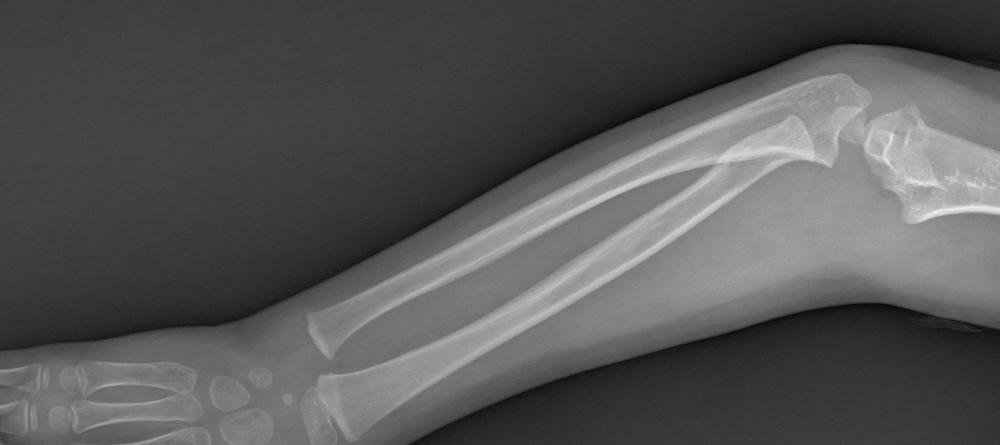At TheHealthBoard, we're committed to delivering accurate, trustworthy information. Our expert-authored content is rigorously fact-checked and sourced from credible authorities. Discover how we uphold the highest standards in providing you with reliable knowledge.
What is Ambulatory Care?
Ambulatory care is a type of medical care that is provided to patients who do not need to be admitted to a hospital for treatment. The types of procedures and treatments are sometimes referred to as “outpatient care.” As the “ambulatory” in the term would seem to suggest, classically the patient can get into a medical facility for treatment under his or her own power.
Many hospitals provide ambulatory care in their emergency rooms for patients who can be treated without being admitted, such as a child with a simple broken arm. Urgent care clinics, optometrist's offices, and doctor's offices also provide this type of care. In all of these cases, the patient's medical treatment does not require hospitalization.

Many chronic conditions can be managed with regular appointments, as for example when an asthma patient goes to a medical professional for a checkup. Basic diagnostic tools, including X-rays, ultrasounds, some biopsies, and blood samples, can also be used to diagnose or manage a medical condition. Many simple procedures can be performed on an outpatient basis as well. Pregnant women, for example, have many appointments as part of their prenatal care plan to monitor the progress of the pregnancy, and these visits can include ultrasound scans, amniocentesis, and other procedures and diagnostic tools.

For patients, ambulatory care tends to be preferable to hospitalization, because most people want to avoid spending time in the hospital. Care on this level can also be substantially less expensive, which can be a concern for some people. Hospitals may also encourage patients to seek outpatient care whenever possible to ensure that the medical facilities will be free when they are needed by critical patients and to cut down on overall operating expenses.

A wide variety of medical professionals, including doctors, nurses, paramedics, and medical technicians, can work in ambulatory settings. In addition to treating patients on site, they can provide referrals for patients who may benefit from treatment elsewhere, along with hospital admissions in cases where they are warranted. A pediatrician, for instance, would refer a child to the hospital for treatment if a routine blood draw indicated that the child had leukemia.

Some outpatient facilities specialize in addressing particular types of medical conditions. For instance, a clinic might provide chemotherapy and radiation treatments for cancer patients, dental care, or physical therapy for people recovering from accidents. These facilities can often be found adjacent to a hospital, or in a clinical complex that has a number of different clinics and offices to serve a wide variety of patients.
AS FEATURED ON:
AS FEATURED ON:

















Discussion Comments
Sometimes you will still need to go to a surgical center for something that is technically ambulatory care, like stitches or getting check ups for broken bones. Even more so than "in patient", meaning a person staying in a hospital, and "out patient", meaning a person getting hospital treatment without staying overnight there, this term does not really come up much in regular conversation, at least not that I have noticed.
So in other words, "ambulatory medical care" is a term for almost all of the medical appointments and treatments people receive regularly.
This probably comes from the fact that the Latin word "ambulare" means "to walk"- that's why this sounds so similar to the other medical term, ambulance, which or course refers to the moving (or walking?) van that can pick up patients and take the directly where they need to go.
Post your comments